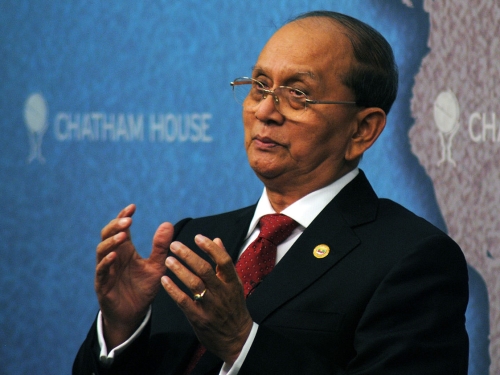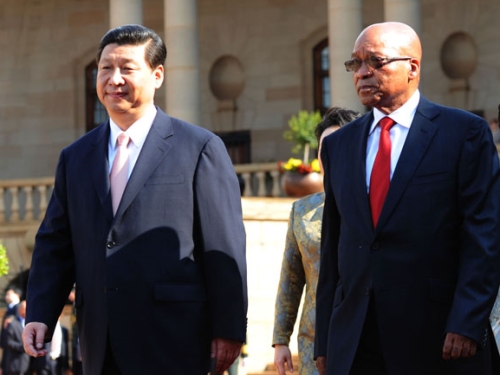
This article was originally published by OpenDemocracy on 16 October, 2014.
As the number of US drone strikes in Pakistan hits 400, following an 11 October attack in the Khyber region, research by the Bureau of Investigative Journalism finds that only a minuscule proportion of those killed have been identified by available records as members of al-Qaeda. This calls into question the claim last year by the US Secretary of State, John Kerry, that only “confirmed terrorist targets at the highest level” were fired at.
The bureau’s Naming the Dead project has gathered the names and, where possible, details of people killed by CIA drones in Pakistan since June 2004, drawing on a year of research within and outside Pakistan and a multitude of sources. The latter include Pakistani government records leaked to the bureau and hundreds of open-source reports in English, Pashtun and Urdu, as well as field investigations by bureau researchers and other organisations, including Amnesty International, Reprieve and the Centre for Civilians in Conflict.




